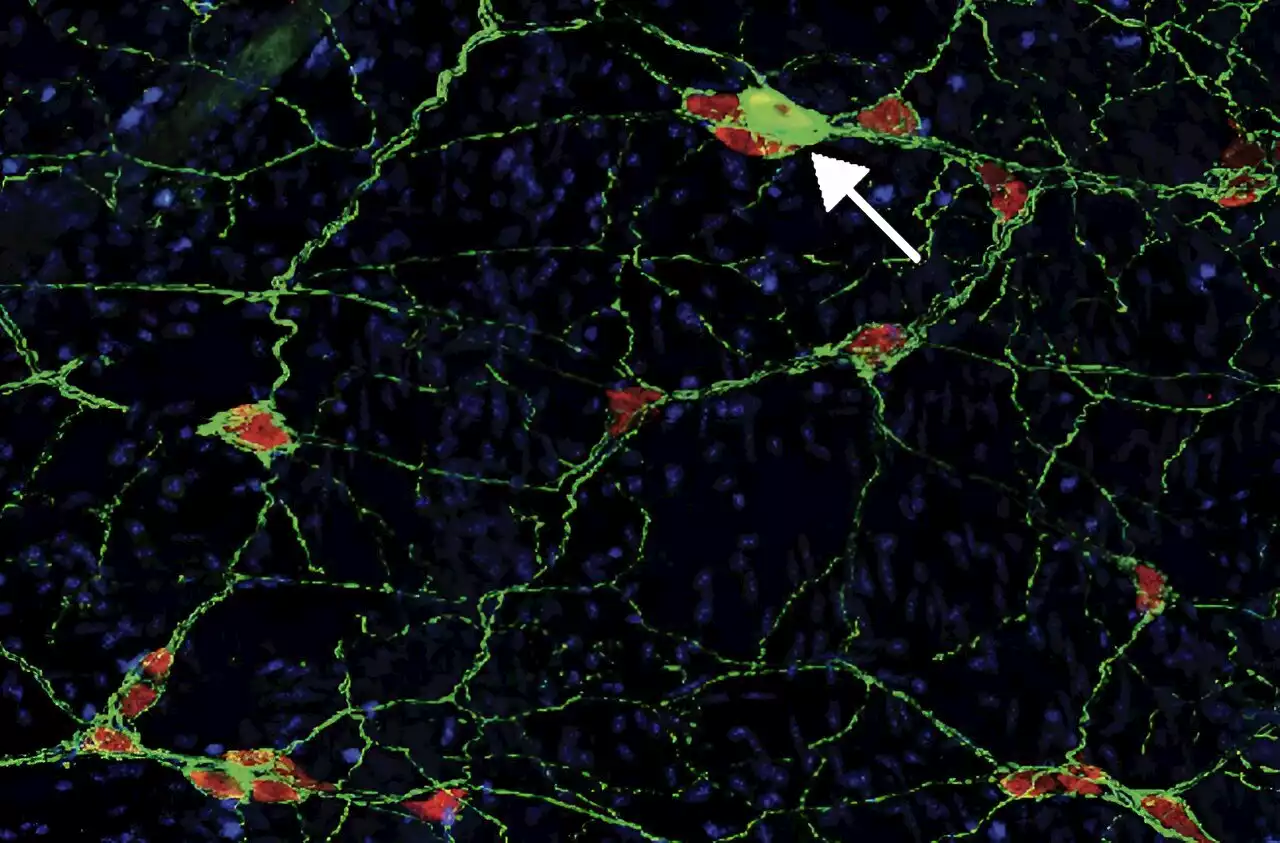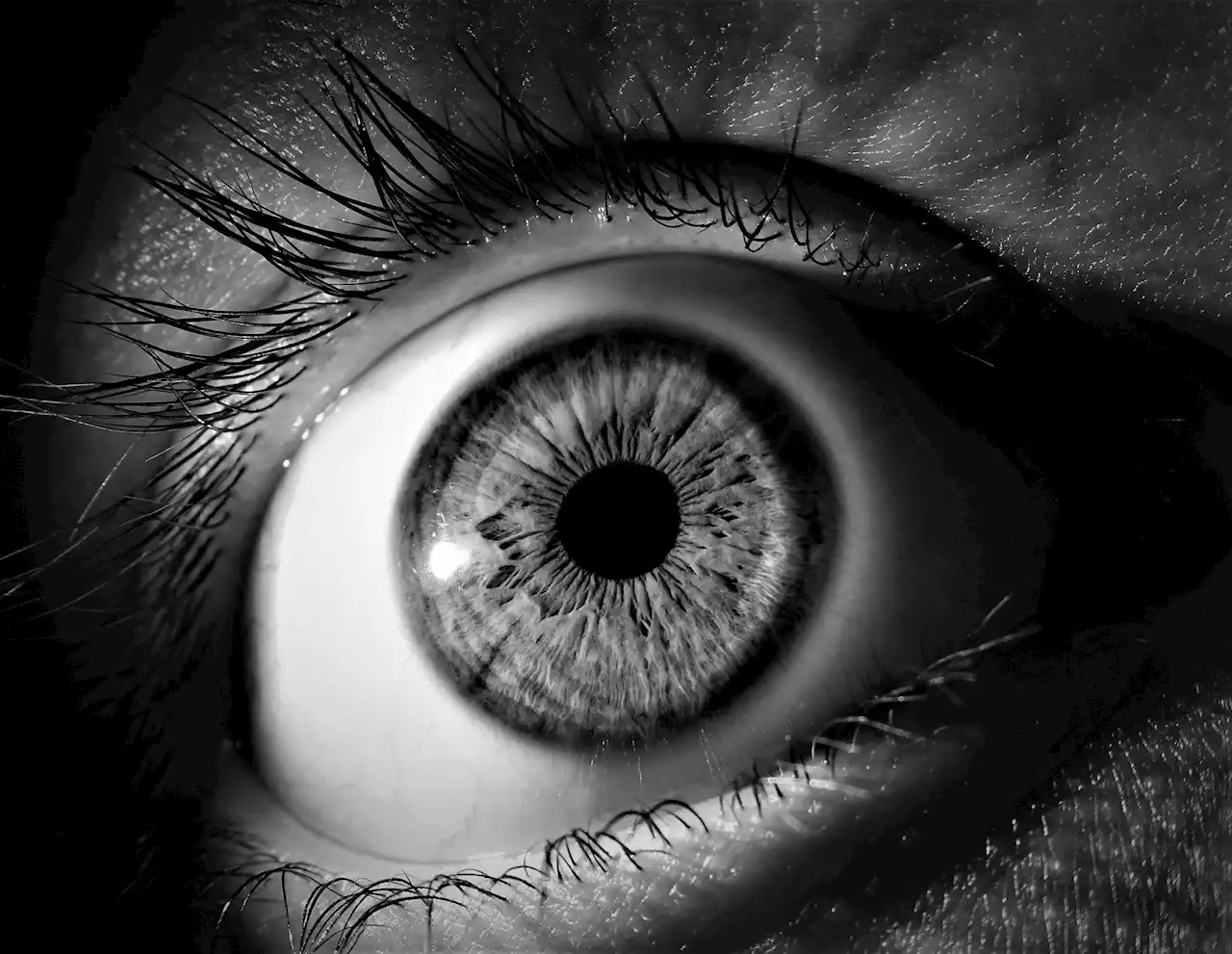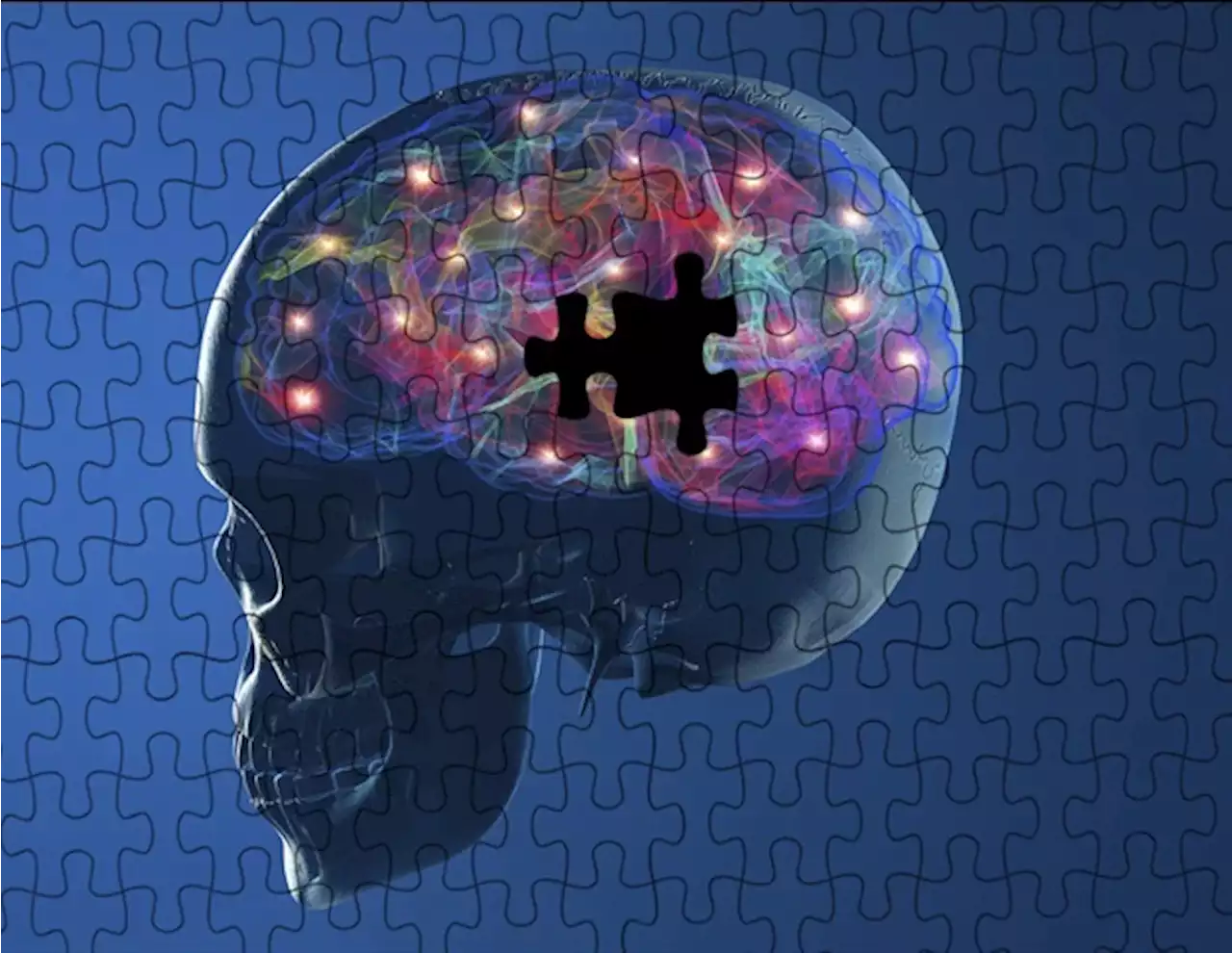Ask any neurologist: Parkinson's disease is a brain disorder. The conspicuous symptoms of Parkinson's disease-;uncontrollable tremors, slowed down motions, and the feeling that one's feet are stuck to the ground-;all stem from the loss of neurons in a region of the brain that helps control movement.
Reviewed by Danielle Ellis, B.Sc.Aug 22 2023 Ask any neurologist: Parkinson's disease is a brain disorder. The conspicuous symptoms of Parkinson's disease-; uncontrollable tremors, slowed down motions, and the feeling that one's feet are stuck to the ground-; all stem from the loss of neurons in a region of the brain that helps control movement.
"If this is the beginning of Parkinson's in many people, we could potentially identify who has the disease before it ever reaches the brain and hopefully stop it in its tracks," Sulzer says. The new findings were published Aug. 18 in Neuron. The blood of Parkinson's patients often contains immune cells that are primed to attack the neurons, but it's not clear where or when they are primed." The gut was an intriguing possibility because it contains the same neurons and because most Parkinson's patients experience constipation years before brain symptoms emerge and the disease is diagnosed.
"This shows that an autoimmune reaction can lead to what appears to be the early stages of Parkinson's and is strong support that Parkinson's is in part an autoimmune disease," Sulzer says.
United Kingdom Latest News, United Kingdom Headlines
Similar News:You can also read news stories similar to this one that we have collected from other news sources.
 Study adds to evidence that Parkinson's starts in the gutAsk any neurologist: Parkinson's disease is a brain disorder. The conspicuous symptoms of Parkinson's disease—uncontrollable tremors, slowed down motions, and the feeling that one's feet are stuck to the ground—all stem from the loss of neurons in a region of the brain that helps control movement.
Study adds to evidence that Parkinson's starts in the gutAsk any neurologist: Parkinson's disease is a brain disorder. The conspicuous symptoms of Parkinson's disease—uncontrollable tremors, slowed down motions, and the feeling that one's feet are stuck to the ground—all stem from the loss of neurons in a region of the brain that helps control movement.
Read more »
 Kidney–Gut axis: study shows potential link between gut dysbiosis and chronic kidney diseaseResearchers reviewed published scientific work on the kidney-gut axis.
Kidney–Gut axis: study shows potential link between gut dysbiosis and chronic kidney diseaseResearchers reviewed published scientific work on the kidney-gut axis.
Read more »
 Zebrafish model could help unlock Parkinson's disease mechanismsNearly one million people in the United States are living with Parkinson's disease, making it the second-most common neurodegenerative disease after Alzheimer's.
Zebrafish model could help unlock Parkinson's disease mechanismsNearly one million people in the United States are living with Parkinson's disease, making it the second-most common neurodegenerative disease after Alzheimer's.
Read more »
 Eye scans detect signs of Parkinson's disease up to seven years before diagnosisMarkers that indicate the presence of Parkinson's disease in patients on average seven years before clinical presentation have been identified by a UCL and Moorfields Eye Hospital research team.
Eye scans detect signs of Parkinson's disease up to seven years before diagnosisMarkers that indicate the presence of Parkinson's disease in patients on average seven years before clinical presentation have been identified by a UCL and Moorfields Eye Hospital research team.
Read more »
 AI-powered eye scan could help detect Parkinson’s diseaseResearchers hope the technology could be used as a pre-screening tool for those at risk of developing the illness.
AI-powered eye scan could help detect Parkinson’s diseaseResearchers hope the technology could be used as a pre-screening tool for those at risk of developing the illness.
Read more »
